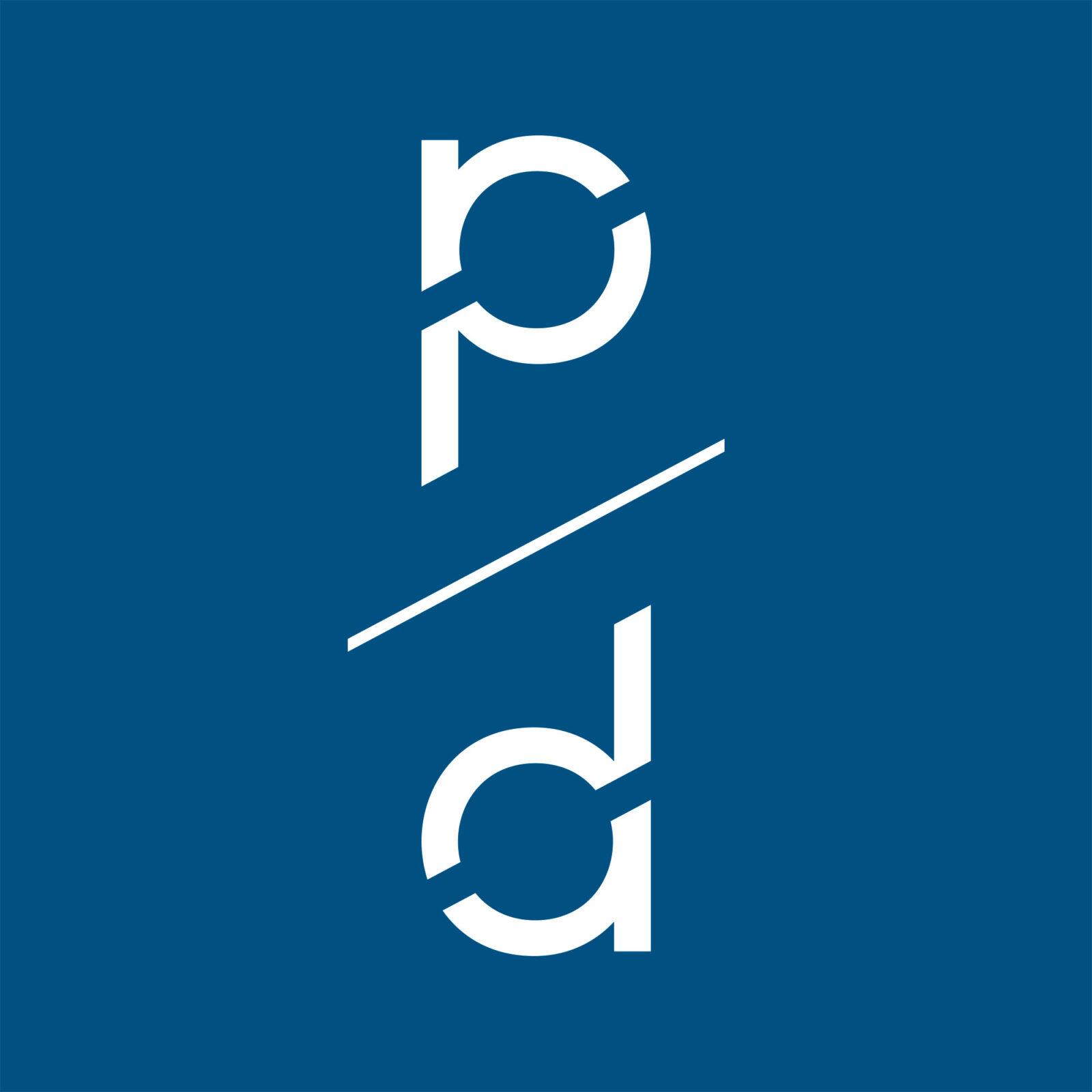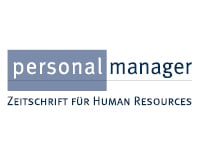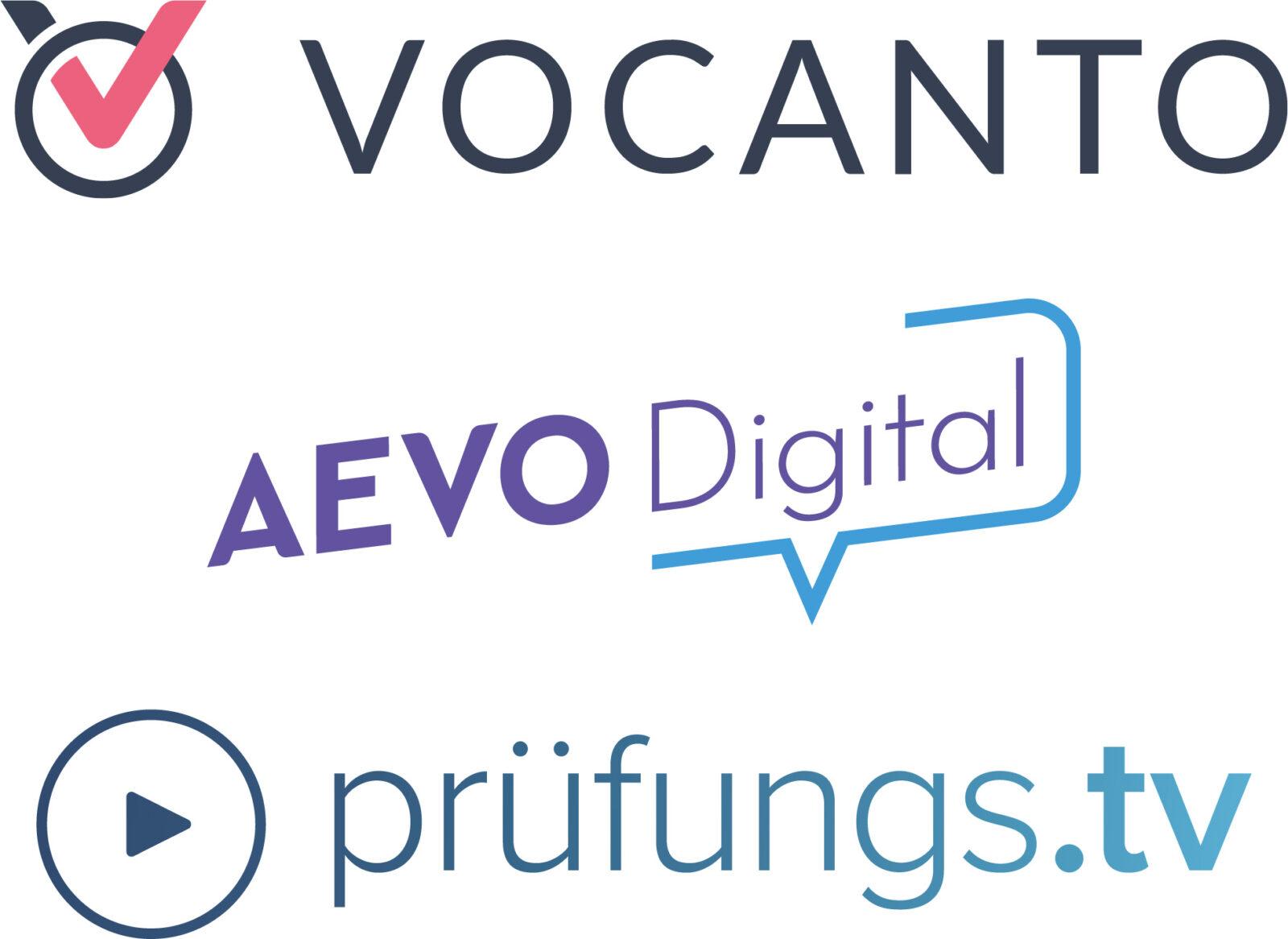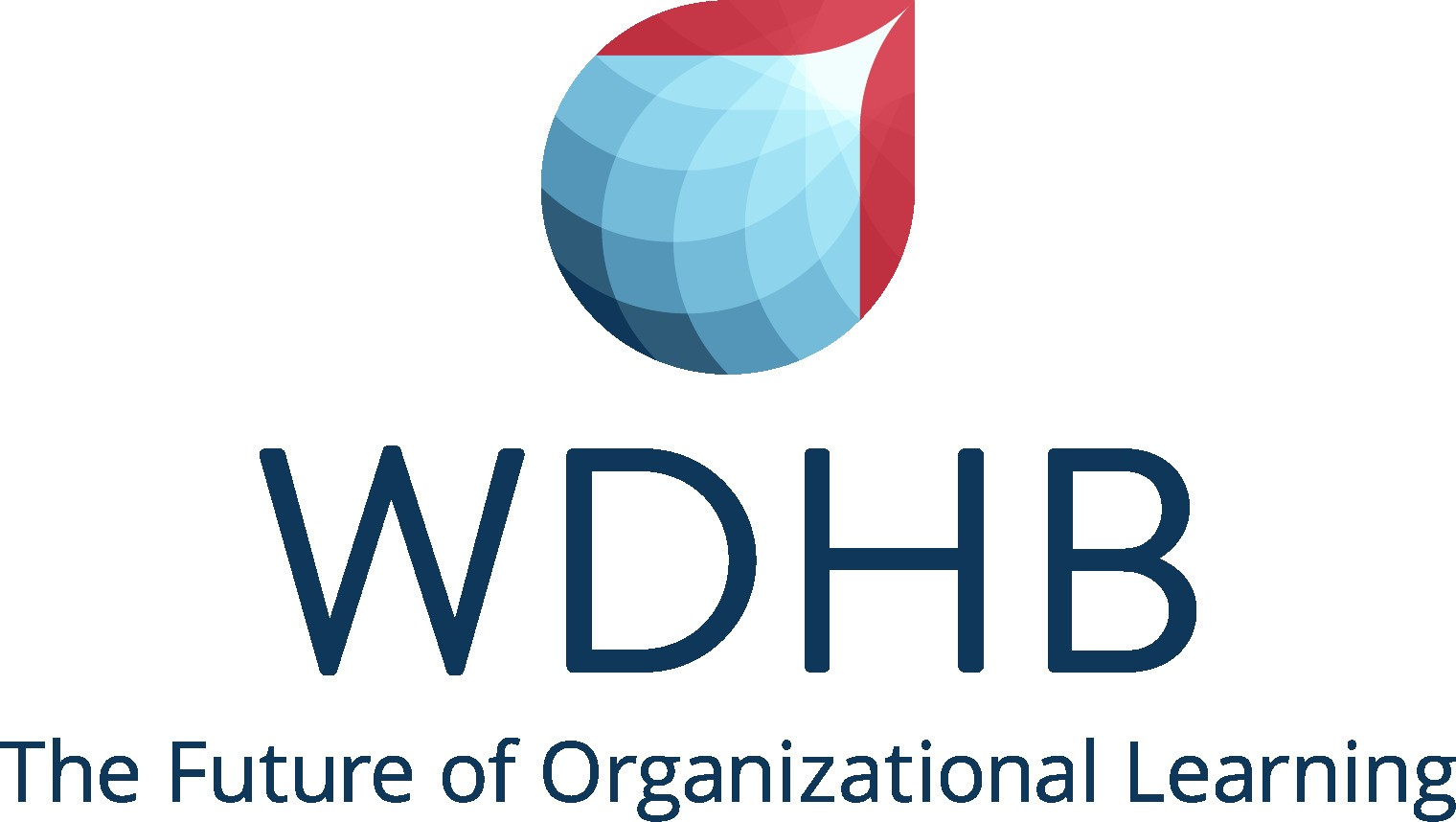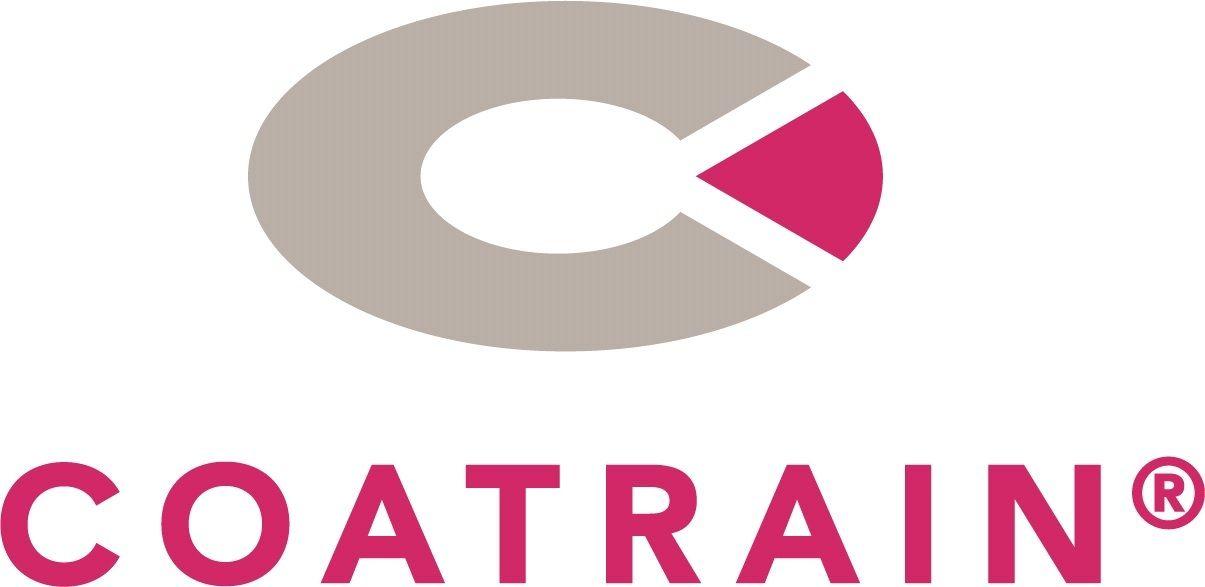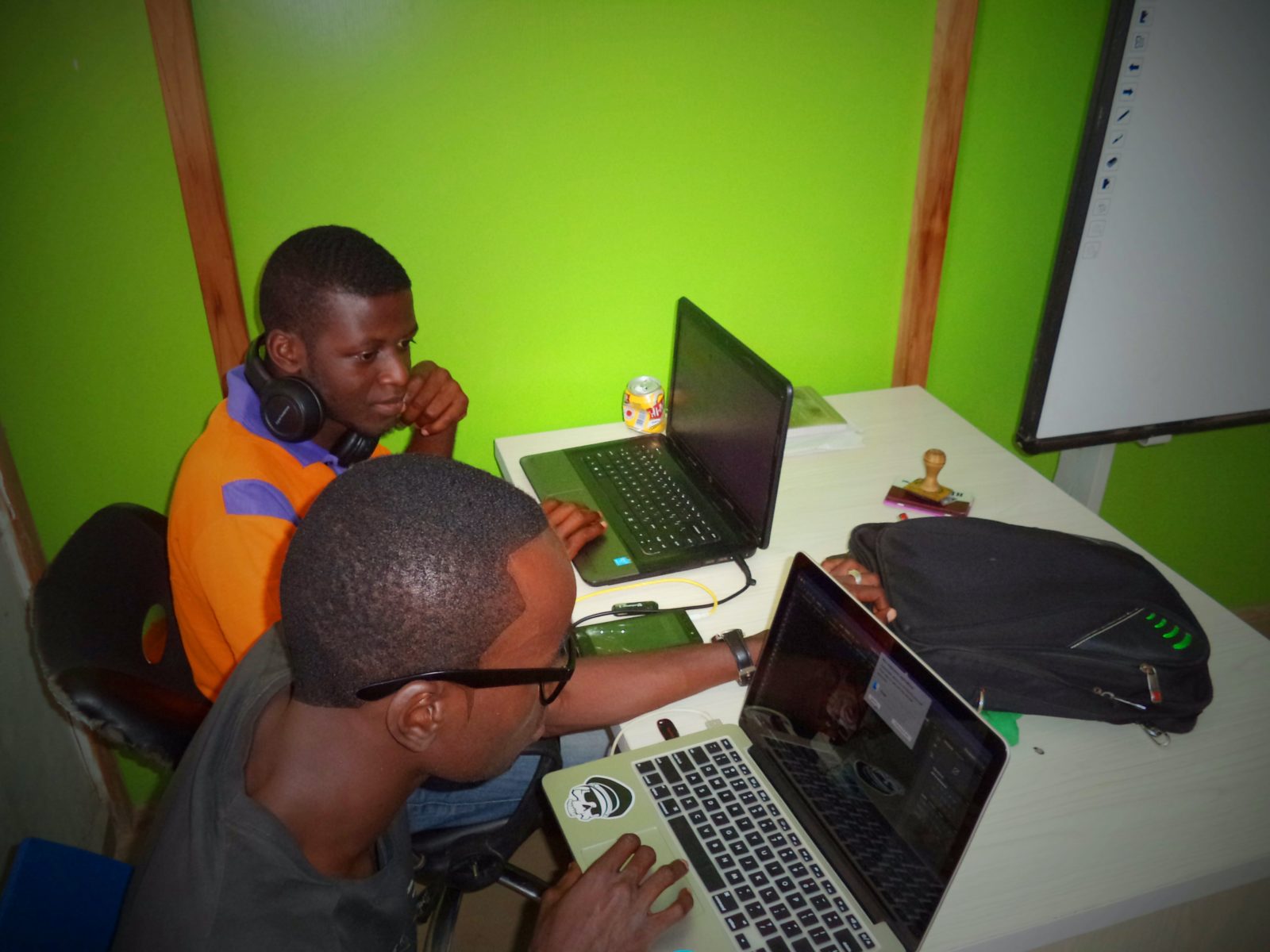Jane Hart is the Founder of the Centre for Learning & Performance Technologies. Jane has been advising businesses for over 25 years and currently focuses on helping organizations and L&D practitioners modernize their approaches to workplace learning. She is the author of a number of online books and resources including Modern Workplace Learning 2019 and a Professional’s Guide to Modern Learning.

Dear Jane, what does mean “Learning Innovation” – or “Innovation in Learning” for you? Could you give some examples?
For me, “innovation in learning” is not so much about the new technologies that underpin training and education, but about having a new broader understanding of all the ways that people learn for, through and at work, and adopting a new approach to enabling and supporting them in the workplace rather than focusing unduly on designing, delivering and managing (e-)training>
Could you give us a good current example of such broader understanding from your daily practice with organizations and institutions?
My Modern Workplace Learning framework (illustrated on this page of my online resource MWL 2019 (embedded below) shows that at the heart sits the individual, and it is the role of both managers and L&D to enable and support a much broader approach to learning in the organisation. So, for L&D teams it will mean not just (a) Creating modern training, events and experience, but also (b) (working with individuals to) Promoting continuous independent learning and (c) (working with managers to) Support continuous improvement at work – in many of the ways identified on the image above.
What kind of challenges and goals – strategies / projects and programs in the field of learning and working do you see and encounter in companies, organizations, educational institutions?
There are many forces that are fast changing the world of work, and these are setting new challenges for organizations. Many now recognise the need for everyone to become a continuous, independent learner and take control of their own self-improvement and self-development (for the future) rather than rely entirely on being trained to do a job (now).
That‘s an important point. The perception of the competence to learn by oneself is increasing in companies. However, the right approaches and methods are often lacking. How can companies concretely promote a culture of self-learning? Who do you think is responsible for this?
This won’t work best through a top-down initiative, but rather through a number of activities – briefly described below
(a) L&D role modelling new modern learning approaches – i.e. ones that are self-driven around professional needs and interests – and which demonstrate the value of such an approach. They need to “walk the talk”. It is not about “do as I say” but “do as I do”
(b) Educating senior managers on the economic imperative for a new approach to continuous workplace learning – and that doesn’t simply mean continuously training
(c) Working with interested managers to help them grow and develop their teams in new ways, and in particular helping the team members get the most out of (and learn from) their daily work experiences, as well as build a knowledge share so that the good stuff can be shared.
(d) Promoting learnability in the organisation – that is the ability to be continuously curious and learn from every opportunity. This means recruiting for it (rather than just job competency), nurture it (make sure that they have the opportunities to self-develop) and reward it (to demonstrate the importance of it in the organisation)
(e) Building modern learners in the organisation – who are self-sufficient and self-reliant, who can set their own professional goals and decide how they will achieve them, and then showcase their new achievements. This is a huge new area of work (which is more about stuffing knowledge into people’s heads but ensuring they have the new skills to thrive in the new world of work). For that reason I created A Professional’s Guide to Modern Learning https://modernprofessionallearning.com/ which consists of 50 tasks to help an individual become a modern lifelong learner. It is already being used by thousands of people around the world.
What do companies, organizations and educational institutions have to do in order to implement learning innovations?
They need to adopt a new organizational culture or mindset that promotes and embraces all the ways of learning (formal/informal, organized/self-organised, personal/social) in the organisation. They need to move away from a one-size-fits-all, “command and control” approach to organizing, managing and tracking training to an “enable and support” approach where they work with managers, teams as well as individuals to help them grow and develop in the ways that best suit them.
Why should companies do this? What is the economic reason for investing in new forms of learning?
Economic imperative is clear. The world is changing fast. The effects of automation (AI and robotics) means jobs will change. The exponential explosion of information (it is estimated it will be doubling every 12 hours in 2020) and the consequent decline in the shelf-life of skills (e.g. some IT skills currently only have a window of about 18 months) means people will need to keep learning throughout their lives. Furthermore, as people work longer there will be no such thing as a job for life; only a life of job. In other words, an individual can no longer expect to survive throughout their career on the knowledge they acquired in their education (school/college/university). Longevity in the workplace will also have significant impact on organistions, in terms of a frequently changing workforce. Hence continuous learning becomes essential for both individuals and organizations.
Furthermore, companies won’t be able to keep up with the fast paces of change by simply employing traditional (intermittent) approaches to training; everyone will need to take responsibility for their own continuous self-development, and then share their new knowledge and experiences with others in the organisation so that it can grow too. Interestingly, modern professional’s learning behavior is already changing such that they already value the learning that comes from non-formal interventions so whereas it may be a big change in mindset for some, for others it is already a reality.
Question 4: What challenges are you currently facing? What do you want to deal with in the coming years?
I am currently helping forward-thinking organisations who want to help their employees develop modern learning skills, so that they are able to take advantage of many different opportunities, experiences and sources to constantly learn and develop at work.
How do you see the importance of customer-centric learning? Will customer training become more important in the future?
I think it will be more about customer education/awareness/communication than training – i.e. non-formal approaches to helping their customers acquire new skills in new ways.
Thanks a lot Jane for your insights – and for further information: we know that you have written a couple of books about the discussed topics.
Jane Hart, Keynote Swiss eLearning Conference 2016
Interview: Daniel Stoller-Schai
Quelle:
Dieses Interview erschien zuerst in dem Sammelband “10 Jahre Learning Innovation Conference – 22 Interviews”. Hrsg. von Alexander Petsch und Dr. Daniel Stoller Schai, HRM Research Institute 2019.
Lesen Sie mehr Interviews zum Thema “Learning Innovation”:
Der Key Success Factor Nr. 1 sind die Kosten!

